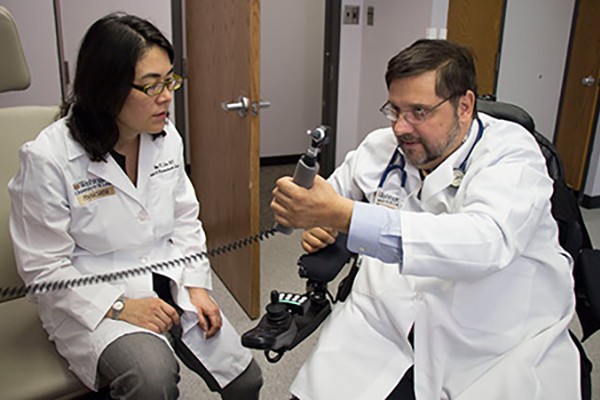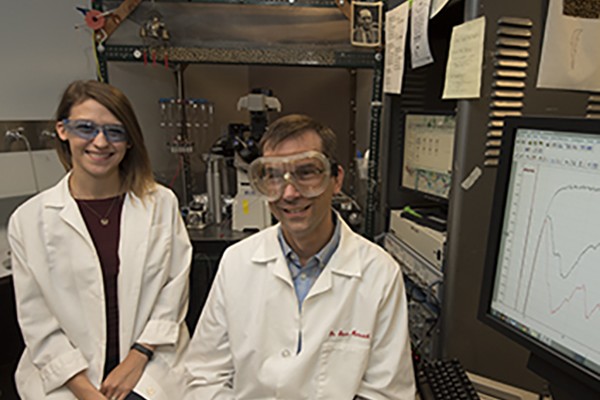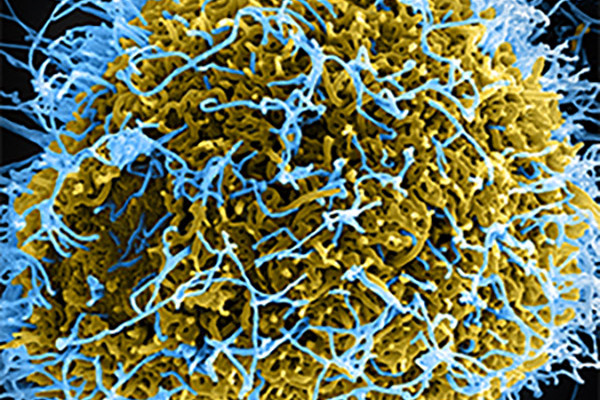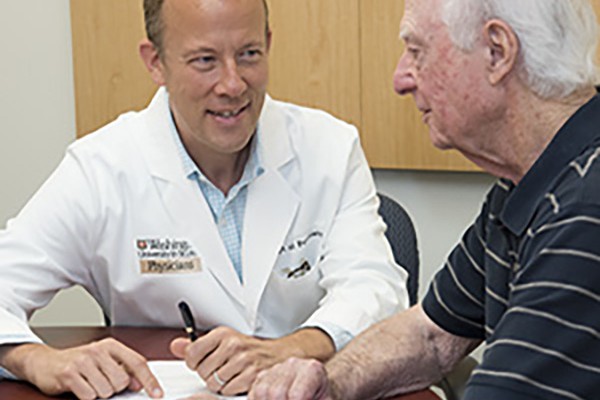Washington People: Enola Proctor
Enola Proctor, PhD, has spent her academic career focused on one
central question: How can we ensure the highest quality of care for all
individuals in need? Her work is hugely important in speeding the adoption and delivery of critical medical care and in reducing disparities in health care.
Surgeons restore hand, arm movement to quadriplegic patients
A pioneering surgical technique has restored some hand and arm movement to patients immobilized by spinal cord injuries in the neck, reports a new study at the School of Medicine. The researchers assessed outcomes of nerve-transfer surgery in nine quadriplegic patients. Each of the nine reported improved hand and arm function.
Loss of support cells in brain may inhibit neuronal development
Shedding light on possible contributors to autism, schizophrenia and other neuro-psychiatric disorders, School of Medicine researchers have found that a type of support cell in the brain, called an astrocyte, may play a role in the ability of neurons to communicate.
Neurosurgical training in Ireland fosters personal, professional growth
Through an elective rotation that began nearly 15 years ago, neurosurgery residents at the School of Medicine have an opportunity to see how complex neurosurgical procedures are performed in another country with a markedly different health-care system.
Gordon to receive Keio Medical Science Prize
Jeffrey I. Gordon, MD, the Dr. Robert J. Glaser Distinguished University Professor at Washington University School of Medicine in St. Louis, is a recipient of the 2015 Keio Medical Science Prize.
New test detects all viruses that infect people, animals
A new test efficiently detects virtually any virus that infects people and animals, according to research at Washington University School of Medicine, where the technology was developed.
Two-drug combo helps older adults with hard-to-treat depression
More than half of older adults with clinical depression don’t get better when treated with an antidepressant. But results from a multicenter clinical trial that included Washington University School of Medicine in St. Louis indicates that adding a second drug — an antipsychotic medication — to the treatment regimen helps many of those patients.
Mutch named chief of Colon and Rectal Surgery
Matthew Mutch, MD, a nationally known clinician and educator in the laparoscopic treatment of colorectal cancer, has been named chief of Colon and Rectal Surgery in the Department of Surgery at Washington University School of Medicine in St. Louis.
Mimicking diet changes of global travel reveals clues to gut health
With the growing understanding of the importance of gut bacteria in human health, researchers at the School of Medicine studied gut motility, measuring the transit time of food moving through the gastrointestinal tract in mice in a way that mimicked the dietary effects of world travel. The study demonstrates ways to uncover how even a single ingredient, such as turmeric, can affect health through interactions of diet and gut microbes.
Cells’ lack of glucose dulls immune system’s ability to fight cancers
Cancers have many strategies for avoiding attacks from the immune system. But the more scientists are able to understand about them, the more effectively they will be able to use the immune system to fight cancer. To that end, researchers at Washington University School of Medicine in St. Louis have identified a new strategy.
Older Stories





